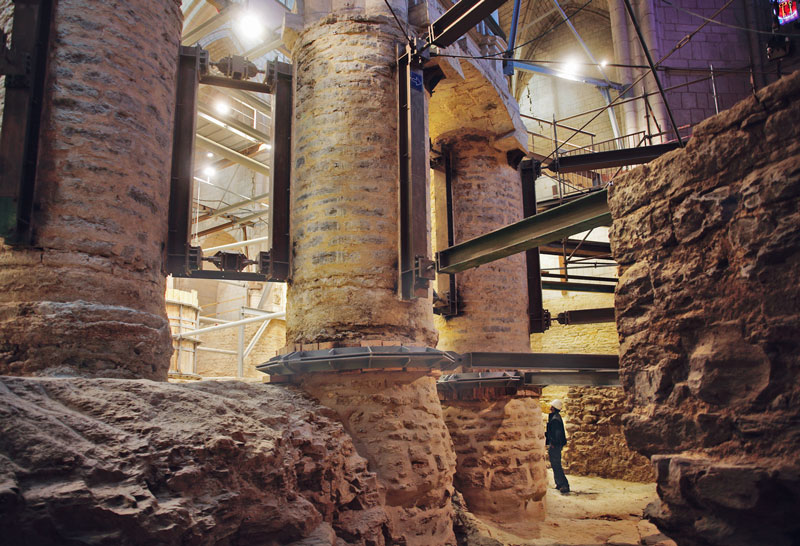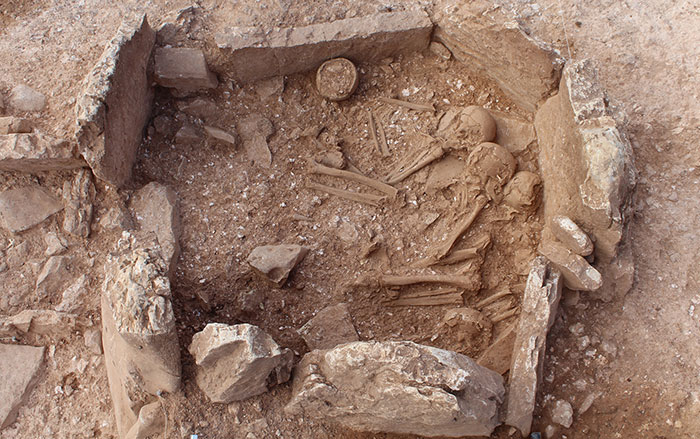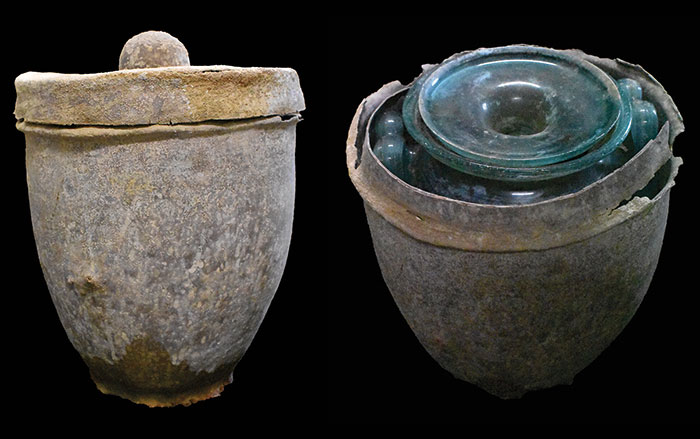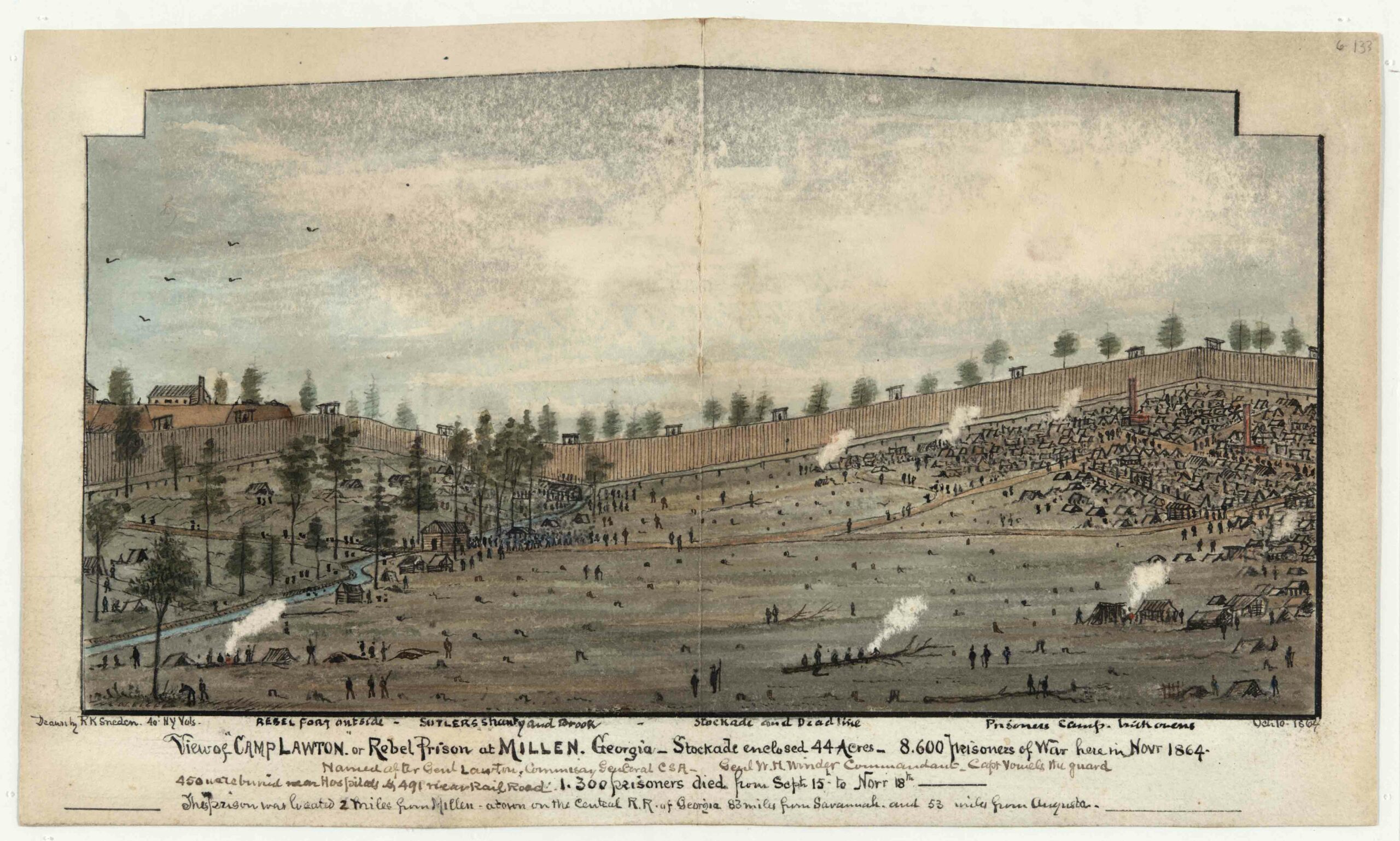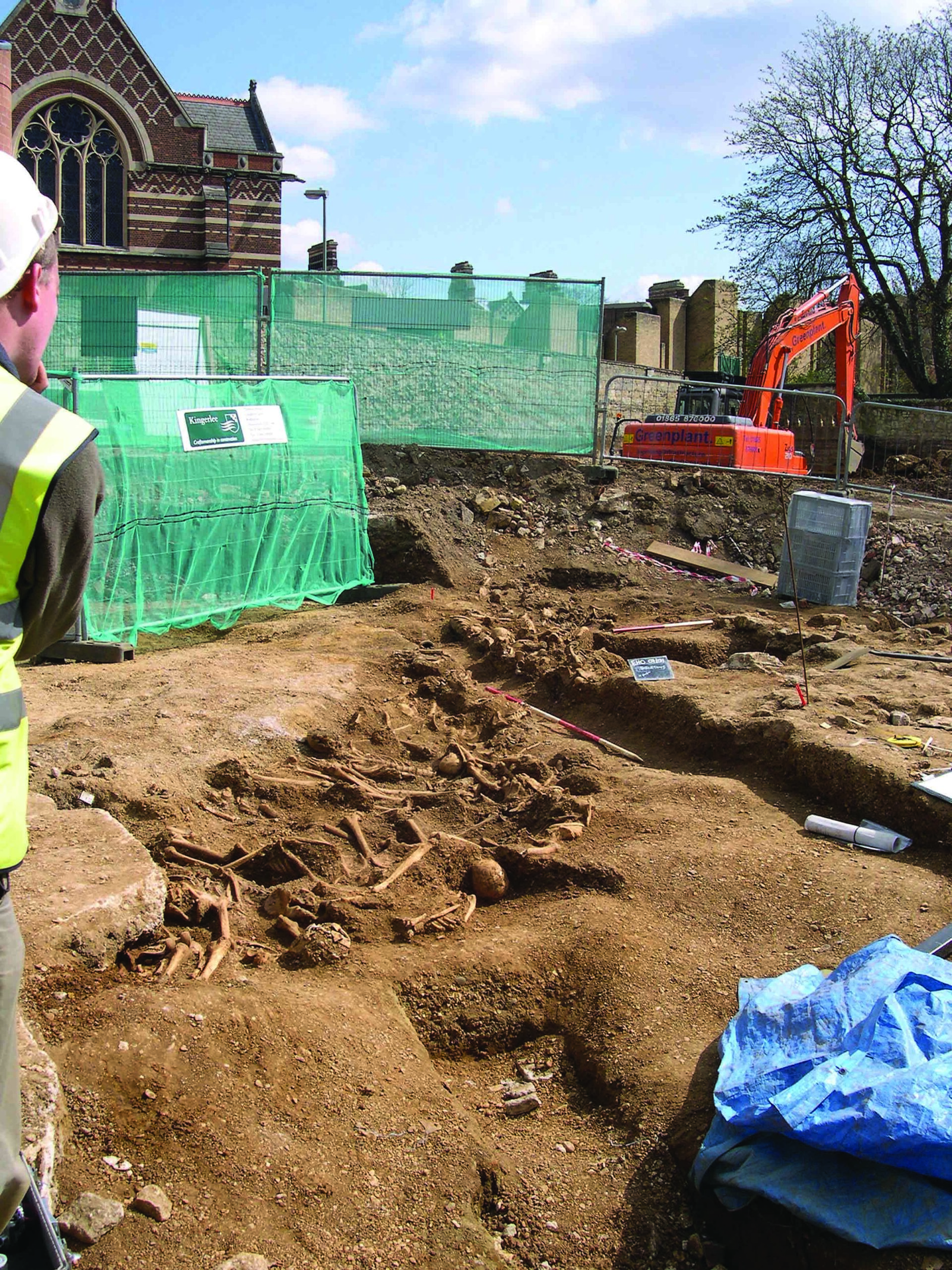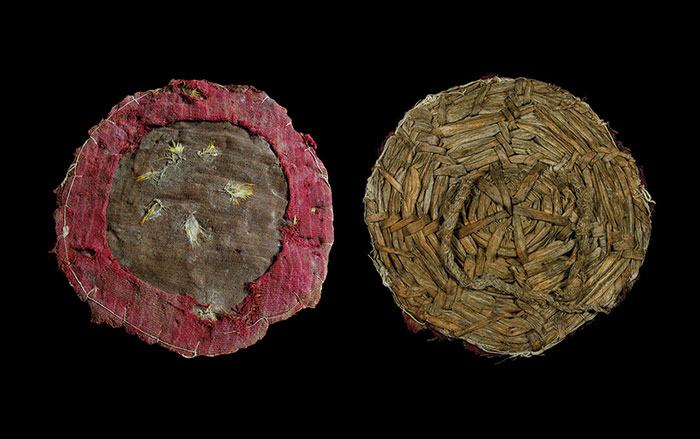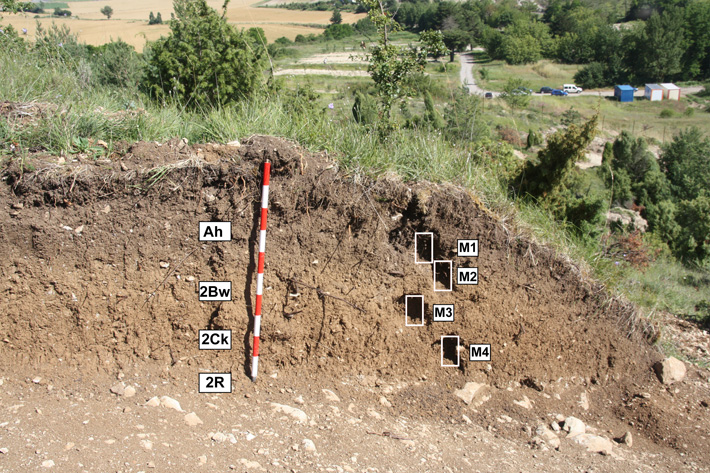
ARABA/ÁLAVA, SPAIN—Archaeologists have found evidence of viticulture in two of more than 300 known deserted settlements Araba/Álava province of Spain, part of the nation's northern Basque Country. One of the sites, Zaballa (or Iruña de Oca), was a feudal territory set up in the A.D. tenth century around a manor monastery. It was abandoned roughly 500 years later. The other, Zornotegi (or Salvatierra), lasted for roughly the same time but had less of a social hierarchy in place. Both, however, had terraced fields dating back to the tenth century that archaeologists believe were used for growing grapes, and not for growing cereal grains, as previously thought. “Archaeo-botanical studies of seed remains found in the excavations and pollen studies have provided material evidence of the existence of vine cultivation in a relatively early period like the 10th century,” says Antonio Quirós-Castillo of PV/EHU-University of the Basque Country. "Owing to the nature of the crop spaces built and the agrarian practices developed, they are not compatible with cereal crops but they are with vines.”


